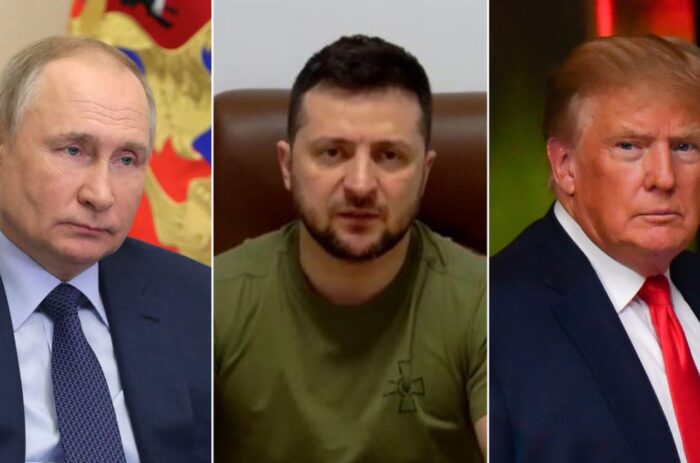redo Jump to...
print Print...
(from the Editors of the New York Post) – Whether or not the Israel-Hamas cease-fire holds – and most Israeli officials doubted it would for long – nothing fundamental has been solved.
For one thing, the terms significantly favor Hamas, which won a major concession when Israel agreed to ease its effective embargo on Gaza.
Which doubtless explains why Hamas leader Khaled Meshaal was boasting that Israel “capitulated to our demands,” as victory celebrations erupted in local mosques.
And why many Israeli mayors of cities targeted by Hamas’ Iranian-supplied missiles opposed the cease-fire.
The agreement means at least a temporary measure of calm for both populations.
But the underlying problem remains.
No “comprehensive” agreement is possible – indeed, no meaningful negotiations can be considered – with an adversary like Hamas, whose primary goal is Israel’s destruction.
And whose savagery was on display for the world to see in the photos and videos of six Palestinian “collaborators” who were murdered and then dragged through the streets to wild cheers from onlookers.
Worse still, Hamas has likely gained support and credibility on the Arab street – further marginalizing the more “moderate” Palestinian Authority president, Mahmoud Abbas, and limiting his ability to reopen negotiations with Israel.
Indeed, Hamas has likely gained stature in the hard-line Arab world, as well.
For all the praise being heaped on Egypt for brokering the agreement, the fact remains that what essentially occurred is that the Muslim Brotherhood reached a deal with its Palestinian affiliate.
That’s a recipe for more attacks on Israel – not fewer.
Israel insists it inflicted heavy damage on Hamas’ military infrastructure. But Gaza’s war-making capability was not destroyed.
Which means, as Israeli Prime Minister Benjamin Netanyahu said, that a more extensive Israeli military operation “may yet be demanded.”
What Israel gains from the cease-fire is – at best – a temporary respite from Hamas’ missile barrage.
But no one should suspect for a moment that it even remotely resembles something that can be called peace.
Posted at NYPost.com on November 23, 2012. Reprinted here on November 23, 2012 for educational purposes only.
Questions
1. Why is any real peace agreement between Israel and the Palestinians, led by Hamas, impossible according to the Editors?
2. The purpose of an editorial/commentary is to explain, persuade, warn, criticize, entertain, praise, exhort or answer. What do you think is the purpose of this commentary? Explain your answer.
3. a) Do you agree with the editors’ point of view regarding a peace agreement? Explain your answer.
b) Ask a parent the same question. Discuss your answers.
Background
Hamas is a Palestinian Sunni Islamist terrorist organization that currently (since January 2006) forms the majority party of the Palestinian Authority…. Hamas is known outside the Palestinian territories for its suicide bombings and other attacks directed against Israeli civilians, as well as military and security forces targets. Hamas’ charter…calls for the destruction of the State of Israel and its replacement with a Palestinian Islamic state in the area that is now Israel, the West Bank, and the Gaza Strip……In January 2006, Hamas won a surprise victory in the Palestinian parliamentary elections…. Many [Palestinians] perceived the preceding Fatah government as corrupt and ineffective… Since Hamas has taken control, the Palestinian territories have experienced a period of sharp internal conflicts, known as Fauda (anarchy), in which many Palestinians have been killed in…fighting [between Hamas supporters and Fatah supporters]. (from Wikipedia.org)

